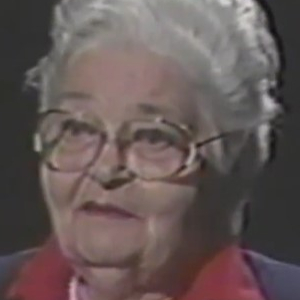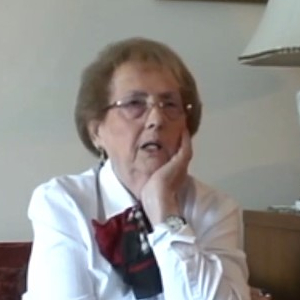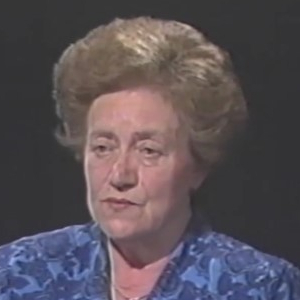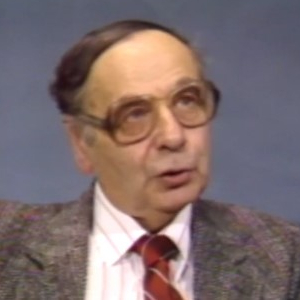Clara Lengyel
Clara recalls being sick and getting offered to be taken to a hospital. After giving her name, the Blockälteste warned her and the other girls in her barrack not to give their names to anyone.
Clara Lengyel (nee Steiner) was born December 26, 1928 in Budapest, Hungary. She grew up in Szokolya, a small village outside of Budapest with her mother Ilona Steiner and her father Jeno Steiner, who was a livestock exporter. Clara attended a private Jewish school then attended school in Vác for four years. Her family was respected in Szokolya before the war, but because of anti-semetic restrictions her father lost his license to his business and the family could no longer employ their maid.
Clara and her parents were forced into a ghetto in Šahy, Czechoslovakia (Šahy is currently in Slovakia) where both her parents were taken to labor camps and Clara was transported to Auschwitz. After selection she was forced to march naked to Birkenau. In 1944, Clara was transported to Siemens Schuckert, a subcamp of Nuremberg. She worked in this camp until February 1945 when she was transported to Holleischen where she worked making firebombs until she was liberated in May 1945 by Polish resistance fighters and American soldiers.
Clara returned to Szokolya for two weeks hoping someone she knew would return. When no one did she went to Budapest. In Budapest she lived with her aunt and uncle Armand and was later reunited with her father. In Budapest Clara learned how to make corsets and returned to school, splitting her time between school and corset-making. She married Leslie Lengyel on August 17, 1948. In the spring of 1949, Clara and Leslie attempted to escape the communist regime in Hungary and migrate to Israel but were caught on the Hungarian border and put in jail for a few days.
Clara’s son George was born in 1950, and in 1956 the family moved to Austria. After almost two years in Austria, Clara wrote a letter to Queen Elizabeth II asking for assistance migrating to Canada. She received a response from the consul offering them to come in for an interview. In 1958, Clara and her family arrived in Montreal.
In Montreal, Clara worked in a factory making corsets for a few months, then worked as a curtain maker for eight months. She quit after Leslie bought a restaurant and helped him run the restaurant.
Clara Lengyel died in 2020, and her full testimony is part of the Canadian Collection of Holocaust survivor testimonies. It is preserved in the USC Shoah Foundation’s Visual History Archive and accessible through the Ekstein Library.
Clara LengyelShe told the girls… ‘if any of you tell that her name is Clara Steiner, I’m going to let you go out of the barrack.’
Testimony to discover
-
Family Separation

Esther Honig
Esther remembers having to give her baby son Elie up for his safety. She remembers Mlle. Counard’s niece taking him and where he was taken.
Listen -
Hiding

Eva Gregus
Eva remembers when her family's hiding spot was discovered by SS officers. Her brother-in-law and another man in hiding were shot, but Eva and the res...
Listen -
Family Separation

Freda Schipper
Freda remembers when a gun was pointed at her mother. Upon warning her mother to run, the gun was pointed and fired at her.
Listen -
Ghetto

George Fox
George describes humiliation by the SS and Gestapo and how he was severely injured by a SS officer.
Listen
Educators & Students
Educational guides
Check resources